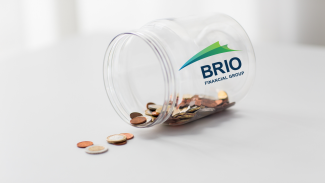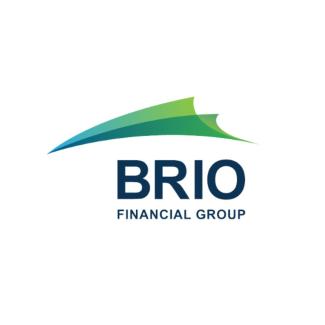
How to create an emergency savings fund in wake of COVID-19
by Brandon Miller on Apr 22, 2020
If the Coronavirus’ effect on the markets has taught us anything, it’s that every single person reading this should start the process of creating an emergency fund. This is not just an idea, nor is it a savings account, but rather, it is a separate pool of money to only use in emergencies. So, how do you even start the process of creating an emergency savings fund?
- You should look to chat with your local financial advisor on your specific needs. A good rule of thumb is to have at least three months of income saved in your emergency fund in case you need it. This will allow you to continue to pay off bills or other expenses if you lose your job or need to take an extended leave in case of medical or family emergencies.
- During this chat, you can start to structure your savings to ensure that your savings and emergency fund goals are met. For instance, if you had $500 for savings per check, you can put $100 in your emergency fund, $100 in your savings and $100 in your 401(k).
- You should look to continue to build your savings over time and keep a dedicated emergency fund. Most banks now allow automatic withdrawals to other accounts, which makes saving even more effortless! Make sure to continue to make regular contributions, and your savings and emergency fund will grow over time.
- As your current situation changes, continue to check-in with your financial advisor to see if you need to change your existing structure. You may need to change the amount of money you are putting in, and these adjustments are easy to make on the fly. One thing to note, once your emergency fund is filled, you can start to filter that money into other savings vehicles. This will allow you to meet your savings goals faster without changing your current situation or lifestyle.
- Finally, you can also use other income that comes in during the year to help build your emergency fund even quicker. For instance, you may run into some extra money from a side gig or have an unexpected bonus come in. Why spend this extra income, when you can utilize it to top-up your emergency fund and meet your saving goals even faster!
The long-term effects of COVID-19 are unclear, so the time to create your emergency savings fund is now! Now is the time to set up a meeting with your financial advisor and discuss how you can reach your savings goals with an emergency fund!
*This content is developed from sources believed to be providing accurate information. The information provided is not written or intended as tax or legal advice and may not be relied on for purposes of avoiding any Federal tax penalties. Individuals are encouraged to seek advice from their own tax or legal counsel. Individuals involved in the estate planning process should work with an estate planning team, including their own personal legal or tax counsel. Neither the information presented nor any opinion expressed constitutes a representation by us of a specific investment or the purchase or sale of any securities. Asset allocation and diversification do not ensure a profit or protect against loss in declining markets. This material was developed and produced by Advisor Websites to provide information on a topic that may be of interest. Copyright 2025 Advisor Websites.
The opinions expressed in this article are for general informational purposes only and are not intended to provide specific advice or recommendations for any individual or on any specific security. It is only intended to provide education about the financial industry. To determine which investments may be appropriate for you, consult your financial advisor prior to investing. Any past performance discussed during this program is no guarantee of future results. Any indices referenced for comparison are unmanaged and cannot be invested into directly. As always please remember investing involves risk and possible loss of principal capital; please seek advice from a licensed professional.
Brio Financial Group is a registered investment adviser. Advisory services are only offered to clients or prospective clients where Brio Financial Group and its representatives are properly licensed or exempt from licensure. No advice may be rendered by Brio Financial Group unless a client service agreement is in place.
